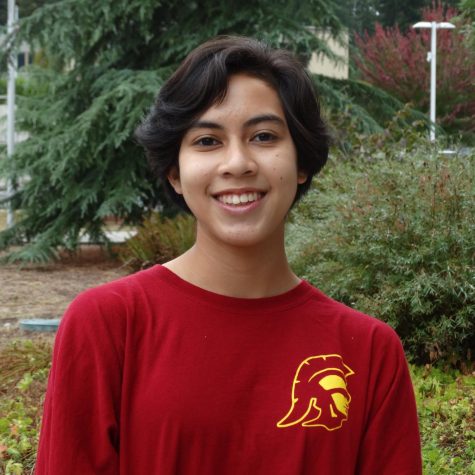Parkland Shooter Trial Postponed to February
February 2, 2022
The trial of the Parkland shooter, Nikolas Cruz, has been postponed to Feb. 21. Initially scheduled to begin on Jan. 4, the trial of Cruz, the man responsible for the deadliest high school shooting in American history, has garnered national attention. The trial is being overseen by Circuit Judge Elizabeth Scherer, who on Dec. 29, ordered the trial start date moved at the request of both the prosecution and the defense. According to CBS Miami, Judge Scherer stated in a court order, “The Court previously set this matter down for a trial date in January 2022. Both parties, however, have represented to this Court that they each need additional time to prepare their experts for trial and will not be ready to commence trial on the scheduled January date.”
On Feb. 14, 2018, Cruz orchestrated a brutal attack on the students and staff of his former high school, Marjory Stoneman Douglas High, in Parkland, Fla. According to the New York Times, Cruz stormed the school building armed with a semi-automatic AR-15 rifle and vicious intent. By the time he fled the scene, Cruz had left 15 bodies in his wake. Later, two more victims died of their injuries in local hospitals.
Cruz now faces 17 counts of premeditated murder and 17 counts of attempted murder, which he pleaded guilty to in Oct. 2021. The 34 guilty pleas put Cruz’s life in the hands of a jury, as Florida law dictates that Cruz may be sentenced to life in prison without parole or confront execution. Feb. 21 will witness the beginnings of a harrowing penalty trial, in which a unanimous jury decision and judge approval is required to put Cruz to death.
In March 2018, the state attorney for Broward County, Michael J. Satz, publicly declared that the prosecution would pursue the death penalty, saying that the Parkland shooting “certainly is the type of case the death penalty was designed for.” Although he is no longer the state attorney, Satz is still leading the case and continues to seek the death penalty as punishment for Cruz’s crimes.
The trial itself is a rarity as, of all the gunmen on America’s list of the 10 worst mass shootings, Cruz is the only one who survived his attack and will be tried for his crimes. As such, there is a sporadic, inconsistent president for sentencing perpetrators of violence on this scale, and emotions are running high due to the deeply personal nature of the case.
According to NBC News, since 2013, the U.S. has averaged a school shooting every 60 days, 71 people have been killed, and 118 people injured. Not to mention, these numbers excluded three of the deadliest school shootings, all of which occurred prior to 2013: the Virginia Tech massacre, which resulted in 33 deaths, the Sandy Hook Elementary School shooting, which saw 28 deaths, and the Columbine High School shooting, which resulted in 15 deaths.
Parkland was just one bullet point in a long list of school shootings—a list that continues to grow every year, and while it is a relief to many that at least one individual is facing justice for their heinous crimes, it is undeniable that the U.S. must tackle deeper, systemic issues in order to reduce the frequency and magnitude of school shootings. Regardless, the country will be waiting with bated breath for Cruz’s trial to commence in February.


